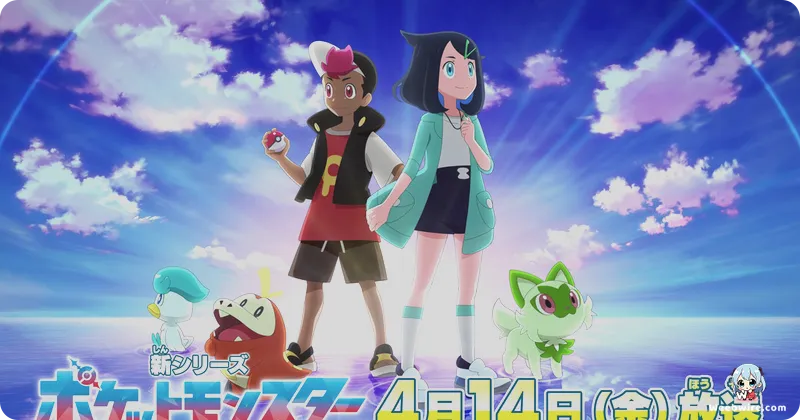DHS 'Pokémon'-Inspired Immigration Video Goes Viral, Sparks Widespread Condemnation

A recent promotional video from the U.S. Department of Homeland Security (DHS) has ignited a significant debate across social media, leveraging the beloved visual and thematic elements of the globally popular Japanese anime and game franchise, Pokémon. This approximately one-minute production, which quickly went viral, was designed to highlight government efforts in addressing illegal immigration.
The video presented a jarring narrative for many viewers, juxtaposing scenes of immigration authorities conducting arrests with vibrant, Pokémon-style animation and a familiar musical score. The campaign reached a particularly controversial point with the inclusion of mock Pokémon cards. These cards featured mug shots of arrested individuals, complete with detailed criminal histories, including severe offenses such as murder and child molestation. The video boldly appropriated the franchise’s famous catchphrase, "Gotta Catch 'Em All," aiming to draw a parallel between Pokémon’s card-collecting and battle mechanics and the apprehension of undocumented immigrants.
This provocative strategy immediately garnered massive attention, with the video accumulating over 7.2 million views and sparking a fierce online discussion. The core of the debate centered on the appropriateness of co-opting a family-friendly brand for such a serious and sensitive government message. Critics swiftly denounced the use of Pikachu and other Pokémon imagery as "horrifying" and profoundly unsuitable, emphasizing the stark dissonance between the lighthearted nature of the children's franchise and the gravity of immigration enforcement actions. Conversely, a segment of the public lauded the video, viewing it as a strong endorsement of robust immigration policies.
Adding another layer to the controversy, it was revealed that the DHS utilized Nintendo’s Pokémon likeness and music without securing the necessary permissions. This oversight drew further criticism from intellectual property rights holders, highlighting a significant breach of established protocols.

This incident stands as a prominent example of the DHS's escalating trend of employing meme culture and popular references to engage the public on complex policy matters. Such a strategy consistently generates both buzz and backlash. Ultimately, this episode fuels broader conversations concerning the ethical application of popular culture assets in government communications, the nuances of public perception management, and the evolving landscape of digital age messaging.
Credits
Pokémon
Author
Satoshi Tajiri
Cover Art
Ken Sugimori
Studio
OLM, Inc.
Publisher
Nintendo, Creatures Inc., Game Freak
Producers